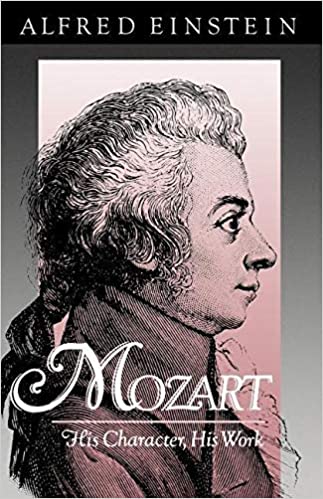(Enjoy A Little Night Music as you browse this Blague)
The musical critic Einstein—Alfred, that is, not Albert—confers high praise on Mozart’s composition, Eine Kleine Nachtmusik:
“This is supreme mastery in the smallest possible frame.”1
Once below a time, playing on the words of Mozart’s title, I sent an email to a friend and named it Eine Kleine Nachtmusing (A Little Night Musing.) Since it was night, and I had been musing, and since the email was short, or klein, the phrase seemed to hit just the right note.
It occurs to me that another play on words can be stated as: Eine Kleine Naughtmusing, an allusion to meditation on mu (無), or “nothingness,” the subject of a Zen koan called Zhàozhōu’s Dog. To meditate on mu is a musing, if sometimes not amusing.
And what is a Mozartian nocturne, or notturno, if not a noctmusing. In an earlier Blague I wrote about knotmusings.
Zhàozhōu’s Dog, or the Mu Koan, is one of the most famous and widely used Zen koans, and it goes like this:
A monk asked Zhàozhōu, “Has a dog Buddha nature or not?”
Zhàozhōu said, “Mu!”
Or in the original Chinese:
問:「狗子還有佛性也無?」
師云:「無。」
Source:
趙州禪師語錄
Zhàozhōu Chánshī Yǔlù
The Sayings of Zen Master Zhàozhōu [Saying No. 132]
Looking back, or listening back, at the beginning of Mozart’s musical piece, the opening soars with what is called the Mannheim Rocket theme, an ascending crescendo. This can be seen in the image below of the first few bars of the score. Is this Not an opening touched by the Muse?

Beethoven’s Fifth Symphony, by way contrast, begins with what has been interpreted as a fateful knocking on the door, a brief knockturne of four shuddering notes.
Note
1. Alfred Einstein, Mozart: His Character, His Work, pp. 207.

HyC